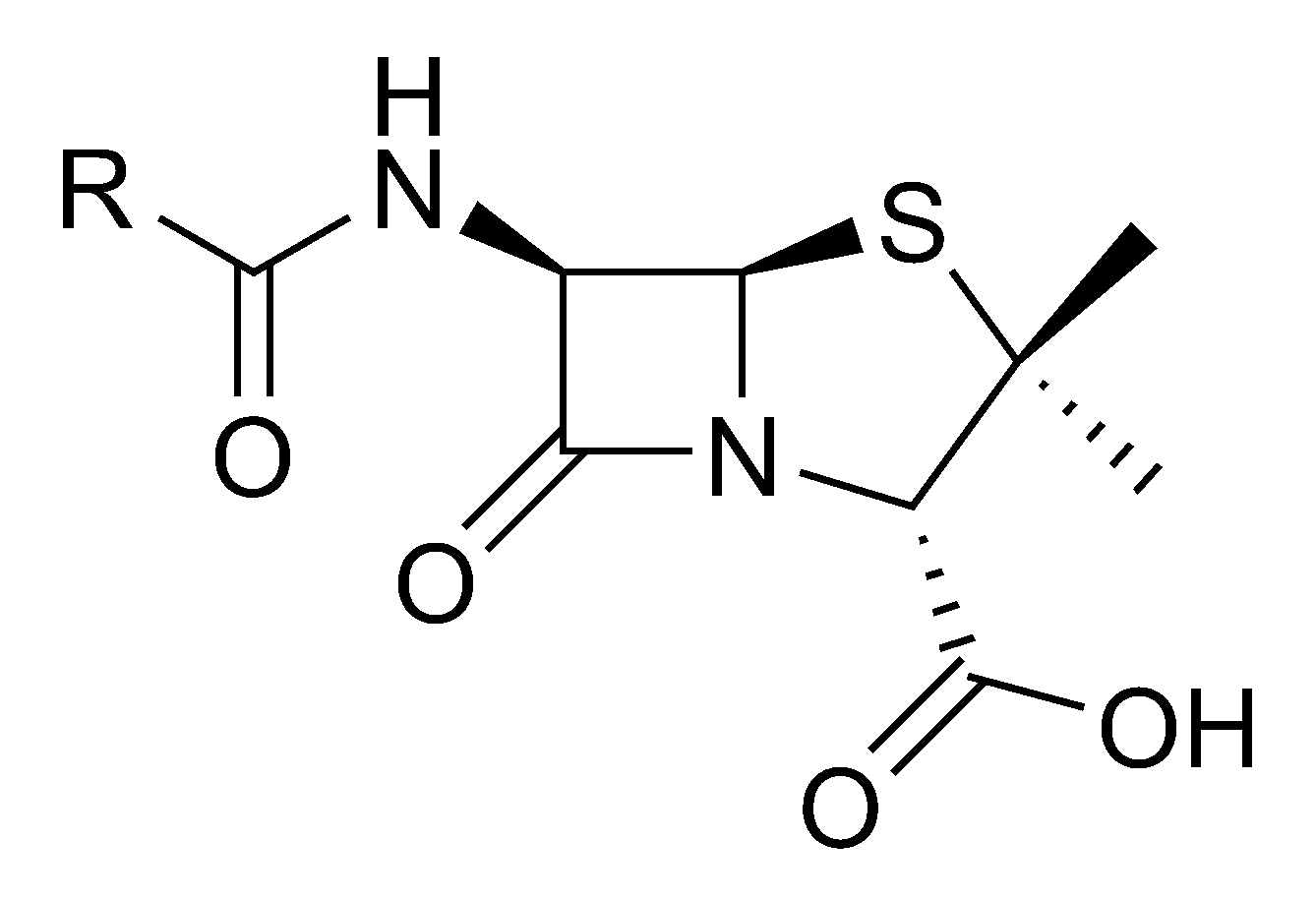Thursday, September 26, 2013
Methicillin-resistant Staphylococcus aureus (MRSA)
The Methicillin-resistant Staphylococcus aureus (MRSA) infection is caused by a strain of staph bacteria. This particular bacteria has become resistant to the antibiotics commonly used to treat regular staph infections, and therefore these normal antibiotics are useless. This MRSA infection can occur in hospital settings (during surgery, artificial joints, etc.) or among healthy people ( skin to skin contact). The infection starts off as a boil on the skin and gets progressively worse if not treated. Bactrim and vancomycin are often the first drugs used as antibiotics for MRSA, among others. There has not yet been an antibiotic resistance seen for these drugs, so they will continue functioning properly. Antibiotics are only one option for MRSA, as the boil can be incised and drained.
Thursday, September 19, 2013
The History and Use of Penicillin
Penicillin (PCN) was one of the earliest antibiotics discovered, and it helps fight off infections from syphilis, streptococci, and staphylococci. Scottish scientist Alexander Fleming discovered the success of Penicillin from analyzing a culture of staphylococcus aureus. He realized that these bacteria were being killed from a culture contaminated with a mold from the Penicillum genus (an accident). The bacteria PCN fights off are Gram Positive, but it can be manipulated to fight Gram Negative bacteria (Ex: Ampicillin instead of Penicillin). Ampicillin and Amoxicillin are both derivatives of Penicillin, and they are both developments from the primitive Penicillin. Ampicillin can offer a greater spectrum of bacteria that include fighting Gram negative bacteria. Amoxicillin helped improve the duration of action of the antibiotic.PCN is a Beta-lactam antibiotic, and it works by inhibiting the formation of the peptidoglycan cross links in the bacteria cell wall. PCN binds to the enzyme transpeptidase to weaken the cell when it tries to divide. Different diseases and infections PCN helps to fight off include... Syphilis, Meningitis, Tonsilitis, Pharyngitis, skin infection, dental infection, Scarlet Fever, respiratory tract infections, and Streptococcal infection, among many others.
Subscribe to:
Posts (Atom)

